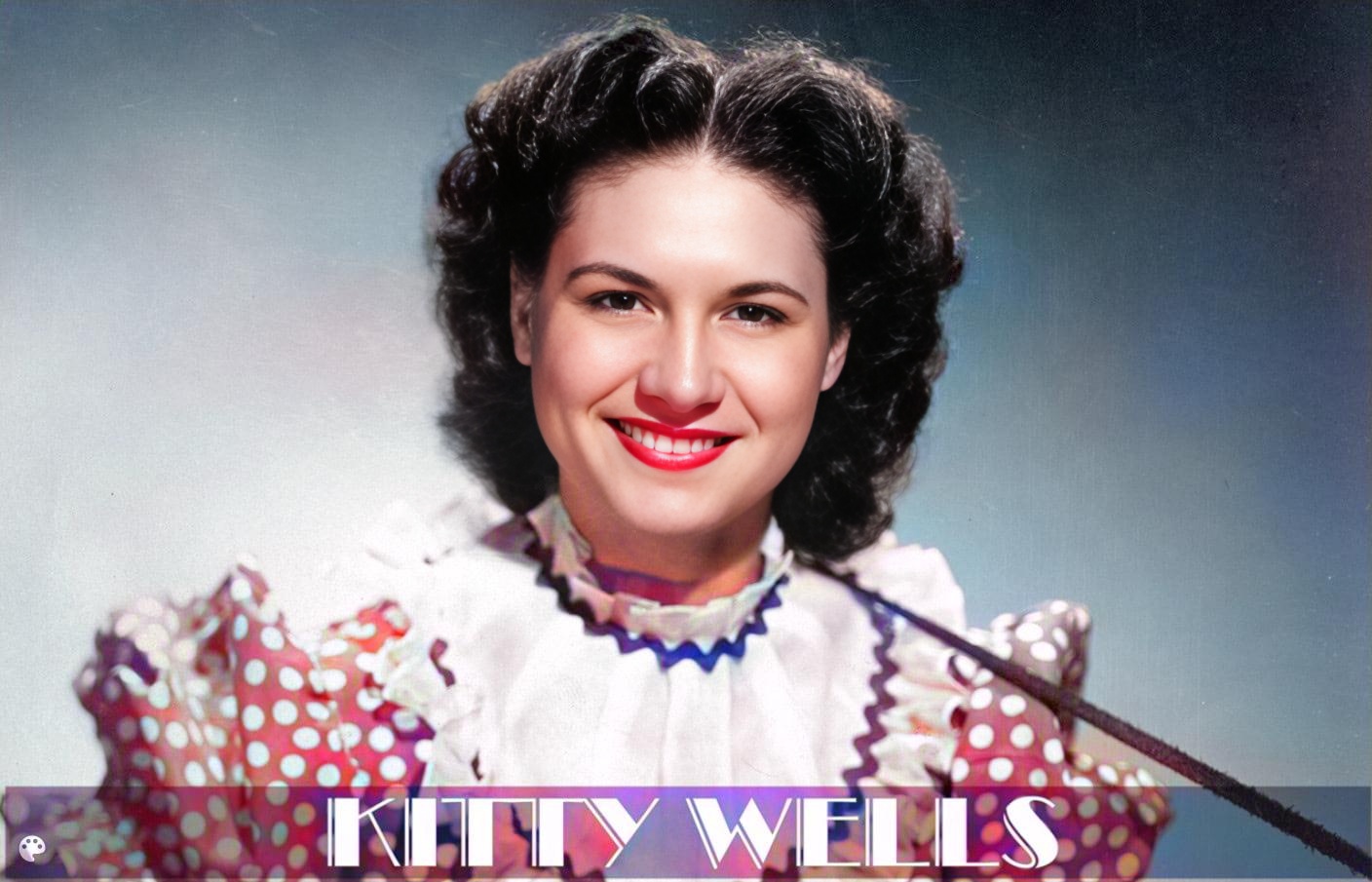
“It Wasn’t God Who Made Honky Tonk Angels,” released in 1952, wasn’t just a song; it was a seismic event in country music, catapulting Kitty Wells to stardom and sparking a much-needed conversation about gender inequality within the genre. Wells, often hailed as the “Queen of Country Music,” wasn’t initially pursuing a solo career, primarily touring with her husband, Johnny Wright. However, this controversial anthem, penned by J.D. Miller as an answer to Hank Thompson’s “The Wild Side of Life,” changed everything. Wells’s straightforward, honest delivery resonated with female listeners in a way country music hadn’t seen before.
The song’s lyrics directly challenge the blame often placed solely on women for marital infidelity. It points a finger back at men, accusing them of creating the “honky tonk angels” through their own philandering and mistreatment of women. This bold stance struck a chord with audiences, particularly women who felt overlooked and unfairly judged in a male-dominated society.
“It Wasn’t God Who Made Honky Tonk Angels” quickly climbed the charts, becoming the first song by a solo female artist to reach number one on the Billboard country chart. This groundbreaking achievement earned Wells a place in country music history and paved the way for future generations of female artists. While the song faced initial controversy and was even banned by some radio stations for its perceived challenge to traditional values, its message ultimately prevailed.
The overwhelming audience response was largely positive, particularly from women who finally felt represented in country music. While some criticized the song for being too accusatory towards men, its enduring legacy lies in its contribution to a more nuanced and equitable portrayal of women within the genre, solidifying Kitty Wells’ position as a true trailblazer. The song continues to be praised for its courage and its role in sparking a crucial dialogue about gender roles in society.